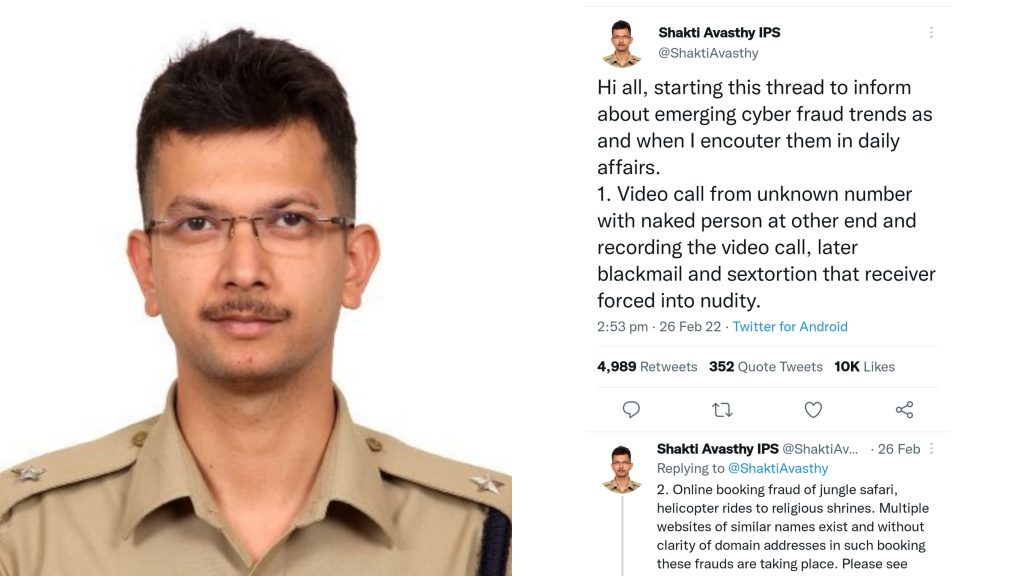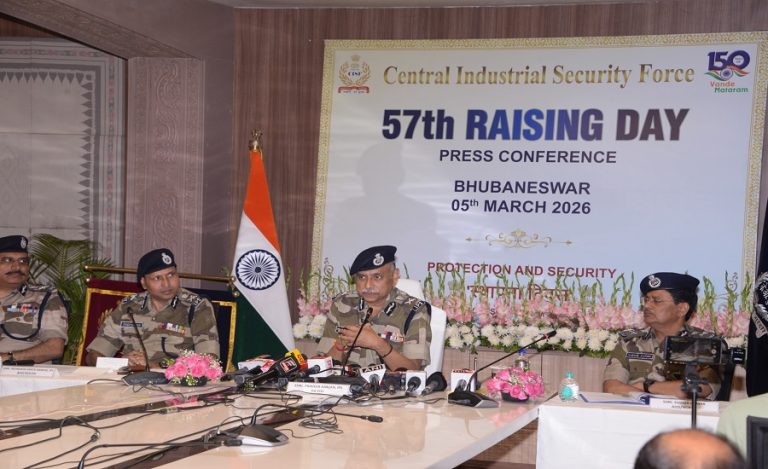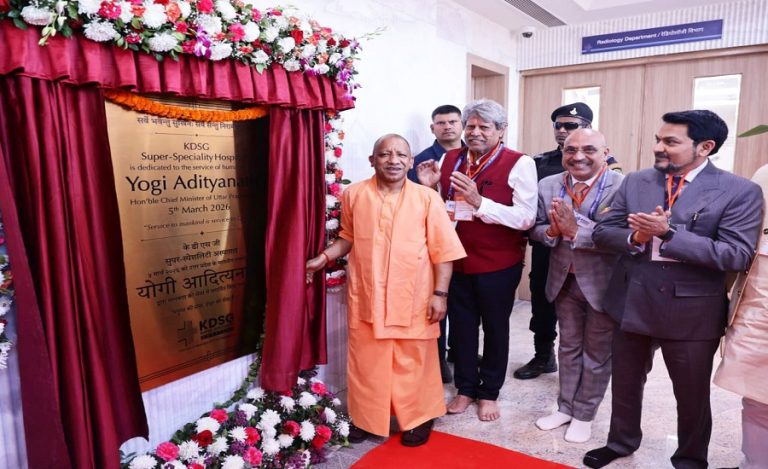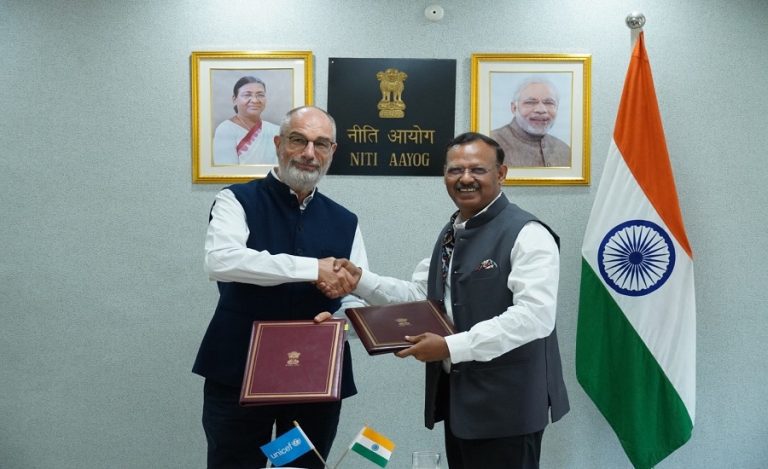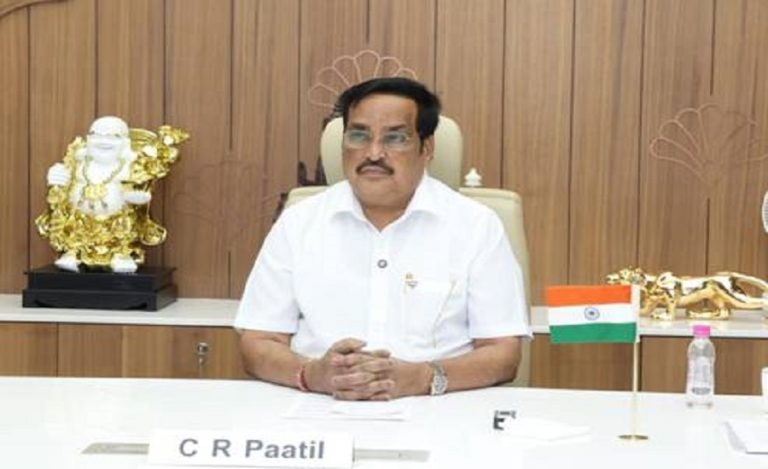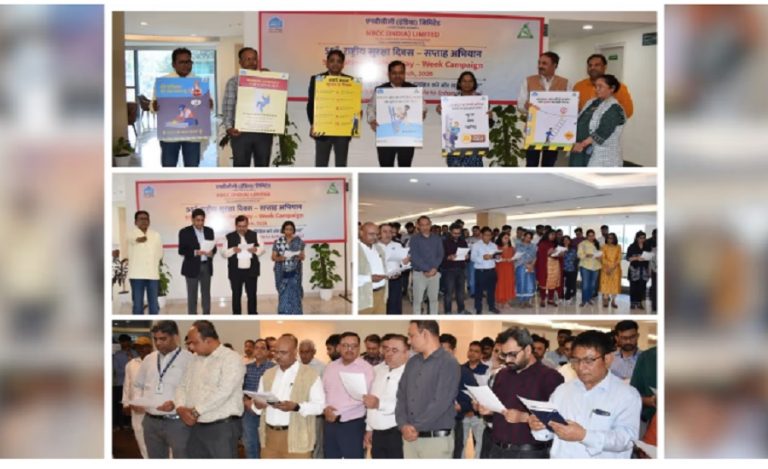While internet has revolutionized the whole world, it has also become a way to loot people, and ASP Shakti Avasthy of Moradabad, Uttar Pradesh, took to Twitter to inform people about the emerging cyber fraud trends in the country.
Speaking to Indian Masterminds, Mr. Avasthy talked about recent cyber fraud incidents and how to report them.
BEWARE OF SUCH CYBER FRAUDS
ASP Avasthy cautioned people about the kinds of cyber frauds that they might unwittingly become victim of. We list below the latest cyber fraud trends as shared by the officer.
Hi all, starting this thread to inform about emerging cyber fraud trends as and when I encouter them in daily affairs.
— Shakti Avasthy (@ShaktiAvasthy) February 26, 2022
1. Video call from unknown number with naked person at other end and recording the video call, later blackmail and sextortion that receiver forced into nudity.
- Video call from unknown number with naked person at other end and recording the video call, later blackmail and sextortion that receiver forced into nudity.
- Online booking fraud of jungle safari, helicopter rides to religious shrines. Multiple websites of similar names exist and without clarity of domain addresses in such booking these frauds are taking place. Please see http://gov.in address while paying.
- Post vaccine survey rewards where malicious links are being sent to gather information and get remote access to the mobile.
- Merging the call scam: where users are called and simultaneously their WhatsApp account is tried to get logged in, to receive OTP fraudsters are clicking on “receive via call” and then asking the user to merge call for talking to senior executive.
- Apps like BlueBugger are widely used as super Bluetooth hack devices in areas like restaurant, cafes, park where large gathering is expected and their Bluetooth might be turned on, these apps then install a backdoor in the device.
- Voicemail email scam: where on clicking “Preview voicemail” redirects to phishing websites.
- Fake customer care numbers available on internet, on calling them customer agent asks user to install apps like AnyDesk which gains remote access to the mobile and loss of data and easy access to OTP.
- Fake popular fast food franchise (Dominos, McDonald’s) apps and websites giving good discounts and delivery of food, turning out to be fraud.
- Fake income tax filing website generally by name of ‘imobile’ asking for data and then payment of self-assessment tax luring taxpayers of their money.
- Free Covid test scam: asking users for basic amount for tax purposes or enabling them to install Remote access apps to extract money.
- E-Sim frauds: fraudsters calling for conversion into E-sim and sending QR code for its activation, when scanning the QR code it redirects to a malicious link.
- Impersonating crypto experts by providing IDO (Initial Dex offering) and ICO (Initial Coin Offering): later linking to private crypto wallets where users putting their money.
- Fake Army/CAPF officer ID cards on platforms like Olx: mentioning that they are in a transferrable job and using the army’s nationalist credentials to gain legitimacy, asking for a token amount initially for a consumer good which would never be delivered.
- Ads of newly launched E-Commerce websites on Instagram, Facebook with heavy discounts: a lot of them are fake, choose Cash on Delivery if unsure of their website credibility. Most fraudulent websites won’t allow Cash on Delivery on their products.
FAKE BONDS
In his tweet, the officer also mentioned about the cyber frauds through fake bonds/shares/securities: promising enormous returns in 4-5 years. Fake bonds are being issued through cyber networks where people are made to believe that since share market is giving good returns, they are able to provide good returns through these bonds.
Mr. Avasthy shared a recent fake bonds case that he came across. He recalled: “Recently I got a complaint from a person who invested Rs. 50-60,000 per month in some bonds where, the fraudster claimed, that they will give 5 times return. He invested something around 13 lakhs and was expecting return of around 68 lakhs. Later it came out that there were no such bonds, and all the claims were fake.”
AWARENESS
ASP Avasthy also informed Indian Masterminds that government is spreading awareness about these frauds through the advertisements of helpline number 1930 on newspapers, social media advertisements, etc. “We, civil servants, also have the responsibility to promote awareness about all kinds of wrong doings as much as possible. Besides using the medium of social media to spread awareness, we have also pasted posters in our police stations giving out the message that if any cyber fraud happens, immediately dial 1930,” the officer said.

